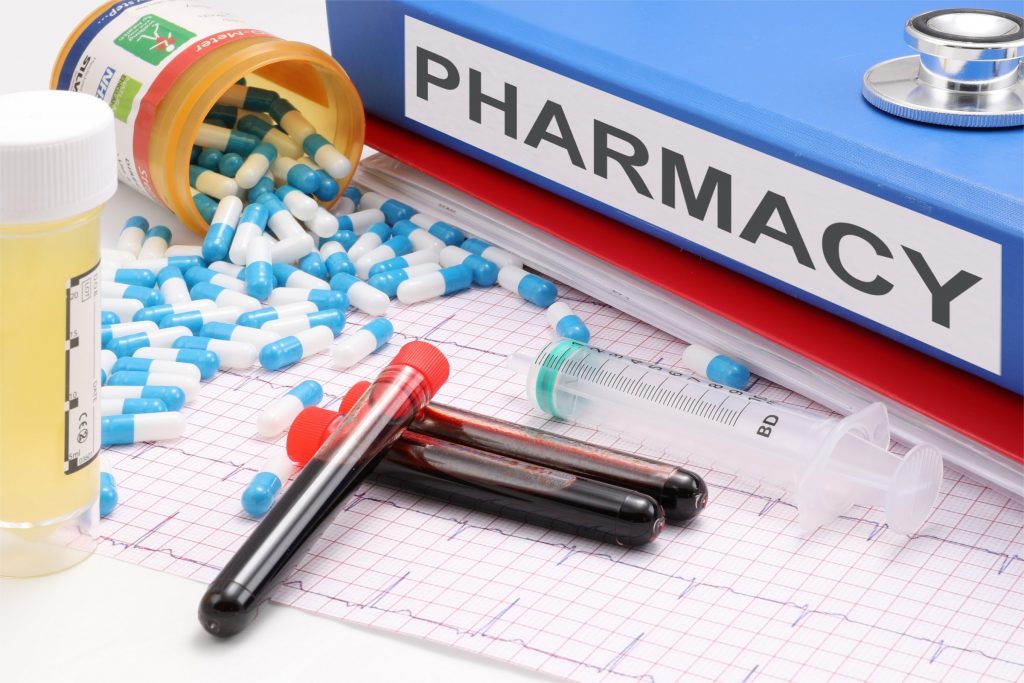There are a lot of things that go into stocking a pharmacy. It takes some very skilled pharmacists to make sure everything is in its place. It takes a lot of equipment to make sure that the prescriptions are taken care of, that the personnel are safe, and that the customers get what they need.
Pharmacies are an integral part of the entire health care system. Often it is the central point of care for many people in the community. When you have these essentials in place you can properly take care of them. In this article, we will go over what you need to have in place to have a pharmacy that is fully equipped.
1 – Fridges and freezers
Many medications are temperature sensitive. It is vitally important that patients get the medications they need that are in good condition and are not degraded in any way. Medications can decompose when they are stored at improper temperatures and can be either ineffective or downright dangerous if they aren’t.
For example, insulin needs to be kept cool otherwise it won’t work for diabetes patients. Others even have to be frozen so purchasing ULT freezers from a source like PHC Europe will ensure that you are able to keep medications and other material at the perfect temperature.
Keep in mind that pharmacy fridges and commercial fridges are not the same things so they need to be purchased specifically for a pharmaceutical setting.
2 – Dosage measure racks
Being able to safely and accurately measure out the correct dosage for a medication is not something to take lightly. It needs to be perfect every time. Your patients are depending on you to get it exactly right.
Right dosing racks with the right spatulas to be able to carry out the prescriptions. Also, make sure that you have several in case something happens to the one you normally use.
3 – Material safety data sheets
Many pharmacies deal with hazardous materials. There are chemicals and acids that all have their own specific properties. If there is an accident or somebody ingests something they shouldn’t have then you have to be able to find the safety data quickly.
Keep the data sheets in easily accessible areas where they make sense. For example, in an area where there are chemicals being stored or sold so in case of emergency they can be quickly referenced.
4 – Personal Protection Equipment
Keeping yourself and your staff safe from exposure to chemicals and even sick patients is of the utmost importance. When your pharmacists are doing compounding tasks they are at risk of exposure to dangerous drugs.
Give them the proper PPE and make sure that it is always in good condition. There should also be backups in case any of their equipment or uniforms get damaged or soiled in any way.
In addition to the clothing covers, they should have access to masks, goggles, and plenty of gloves to stay safe on the job.
